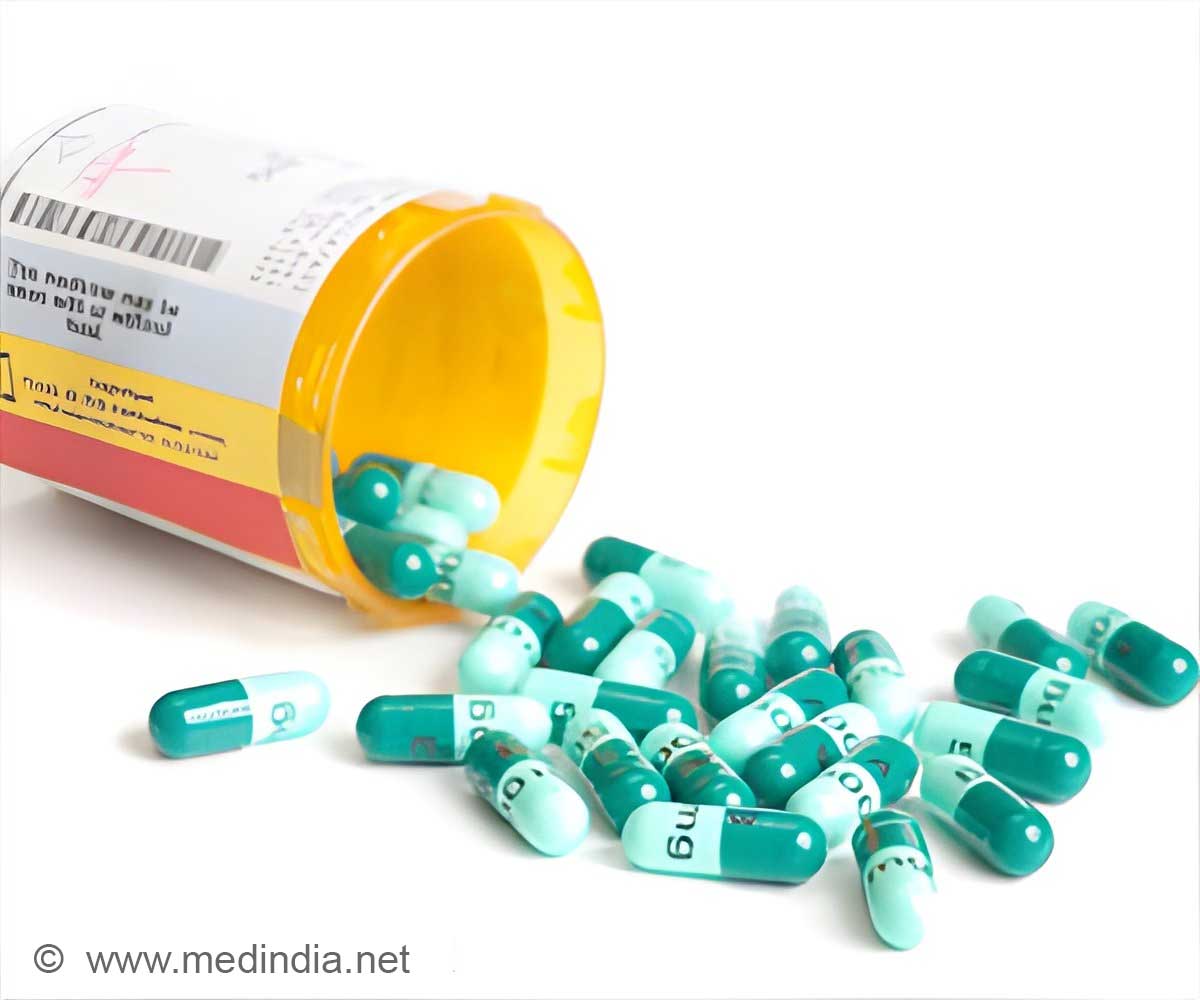Researchers have shown that a new drug, Alirocumab, can cut back the bad cholesterol to the level of a baby.

Lead researcher Professor Kausik Ray said that around 40 percent of people who took it saw their levels reduce to that of a newborn, and the medication is being referred to as the Pac-Man drug because, as it "gobbles up" a protein and allows the body to get free of bad cholesterol.
Amongst the 2,338 patients who took part in the trial, 788 were given a placebo and 1,550 Alirocumab and a statin, where of the 1,550, 562 saw their level of bad cholesterol fall to less than a baby's level within a year.
Statins can reduce LDL cholesterol by up to 50 percent and this drug reduced it by a further 50 per cent.
Prof. Ray said that it was the biggest reduction they had since statins were introduced, and though it was likely to reduce the risk of heart disease, the risk wouldn't be eliminated.
Source-ANI
 MEDINDIA
MEDINDIA




 Email
Email










